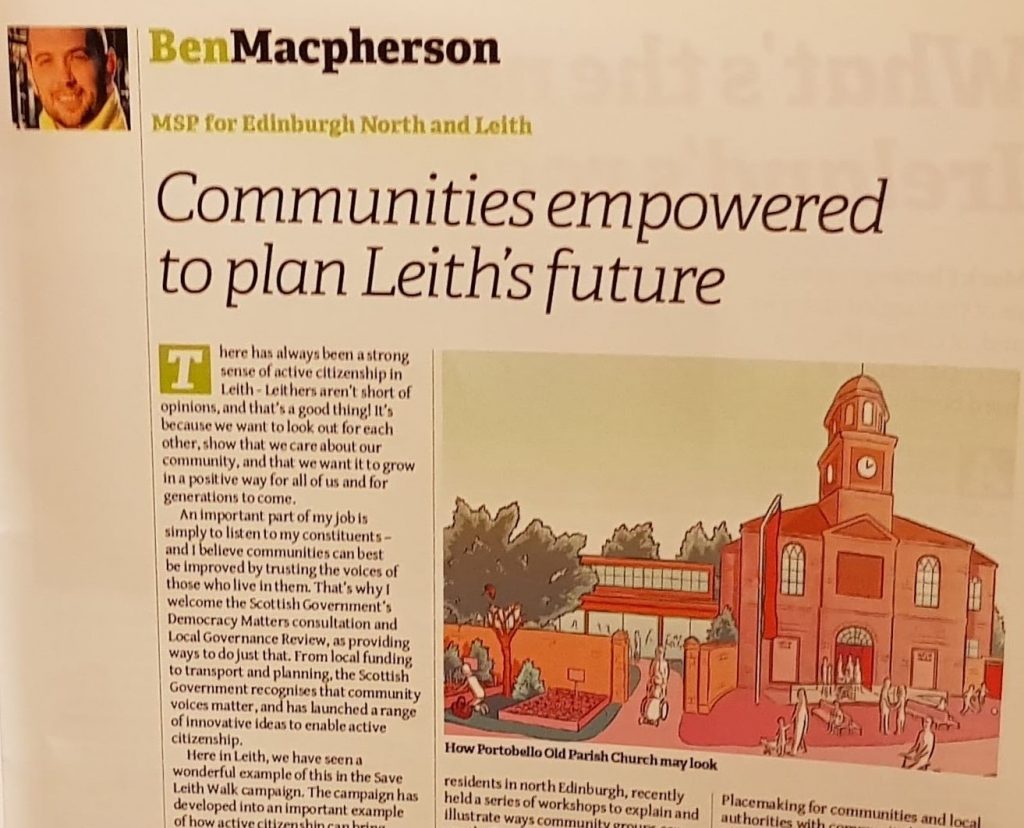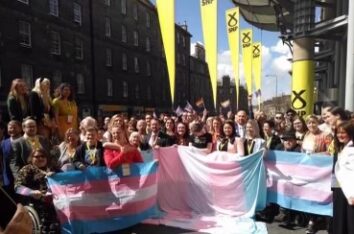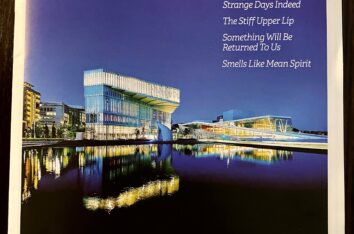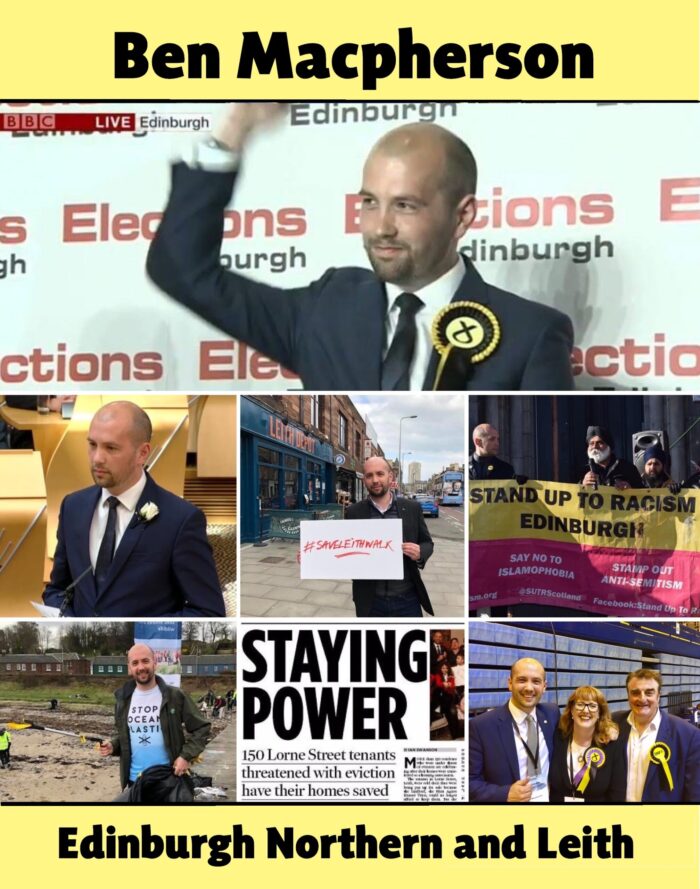by Ben Macpherson
There has always been a strong sense of active citizenship in Leith – Leithers aren’t short of opinions, and that’s a good thing! It’s because we want to look out for each other, show that we care about our community, and that we want it to grow in a positive way for all of us and for generations to come.
An important part of my job is simply to listen to my constituents – and I believe communities can best be improved by trusting the voices of those who live in them. That’s why I welcome the Scottish Government’s Democracy Matters consultation and Local Governance Review, as providing ways to do just that. From local funding to transport and planning, the Scottish Government recognises that community voices matter and has launched a range of innovative ideas to enable active citizenship.
Here in Leith, we have seen a wonderful example of this in the Save Leith Walk campaign. The campaign has developed into an important example of how active citizenship can bring people together who have a shared vision of what their community should look like. It’s the spirit of this type of campaign that inspired the Community Empowerment Act, which was passed in 2015 to decentralise power and give people a stronger voice in local decision making. Using the Act has helped communities strengthen their input into decisions and enabled them to identify what their communities need, and then push for action to be taken.
There have been some striking examples in rural settings, but the Act has also extended the community right to buy to urban communities. To emphasise that this Act can make a difference in communities like Leith, Community Land Scotland, an organisation that supports fairer land ownership and represents existing and aspiring community land owners, recently appointed an Urban Development officer. Just down the road, the recent Urban Community Buy out of Portobello Old Parish Church, with support from the Scottish Land Fund, shows what is possible when a community comes together and turns these powers into action.
Some people feel they need more information on what can be done, so Community Action North (CAN), a community development trust led by residents in north Edinburgh, recently held a series of workshops to explain and illustrate ways community groups can use the Community Empowerment Act.
As well as the Community Empowerment Act, for community empowerment to be fully realised, we also have to create more opportunities for communities to have a say in local decision-making at a much earlier stage of the planning system. That’s why the Scottish Government’s commitment to reforming the planning system is so important. The Planning Bill, which is currently progressing through the Scottish Parliament, recognises that enabling and encouraging local people to share their vision at the start of the planning process will produce better solutions and planning that reflects the needs of local people.
One of the new initiatives to enable local citizens to input into planning decisions is “Placemaking”. Placemaking puts community groups in the room with developers and Councillors, and it is increasingly being looked at as a meaningful and empowering way to put communities at the heart of planning decisions – and through the Scottish Government’s new Planning Bill, new Local Place Plans are intended to create more local Placemaking within our planning system. To make this effective, it is agreed that people should get support. Architecture & Design Scotland ran a series of events earlier this year to provide advice and support on Placemaking for communities and local authorities with community-led projects. The Scottish Government also has a Making Places funds, which support community projects that aim to tackle inequality. The potential of Placemaking for council-owned land, like the Forth Quarter development on the Granton waterfront, shows the exciting possibilities that grassroots involvement in planning can hold.
Leith was recently rated by Time Out as the 24th “coolest” community to live in in the world. Leithers I have spoken to are proud to have worldwide recognition of what most of us have always known – Leith’s a brilliant place to live! But I have also heard concerns that some of the changes Leith has experienced in the last few decades are beginning to exclude people from their own communities and that the price of “gentrification” can sometimes be too high. When communities are in the driving seat, a much better balance can be struck. This means maintaining the Leith we know and love – making sure that there is affordable housing, small local shops and a diversity of cultures – while also allowing for exciting and innovative change, to take Leith forward into the future.
As Leith continues to grow and thrive, community-led Placemaking has the potential to help us make the right decisions – together.




